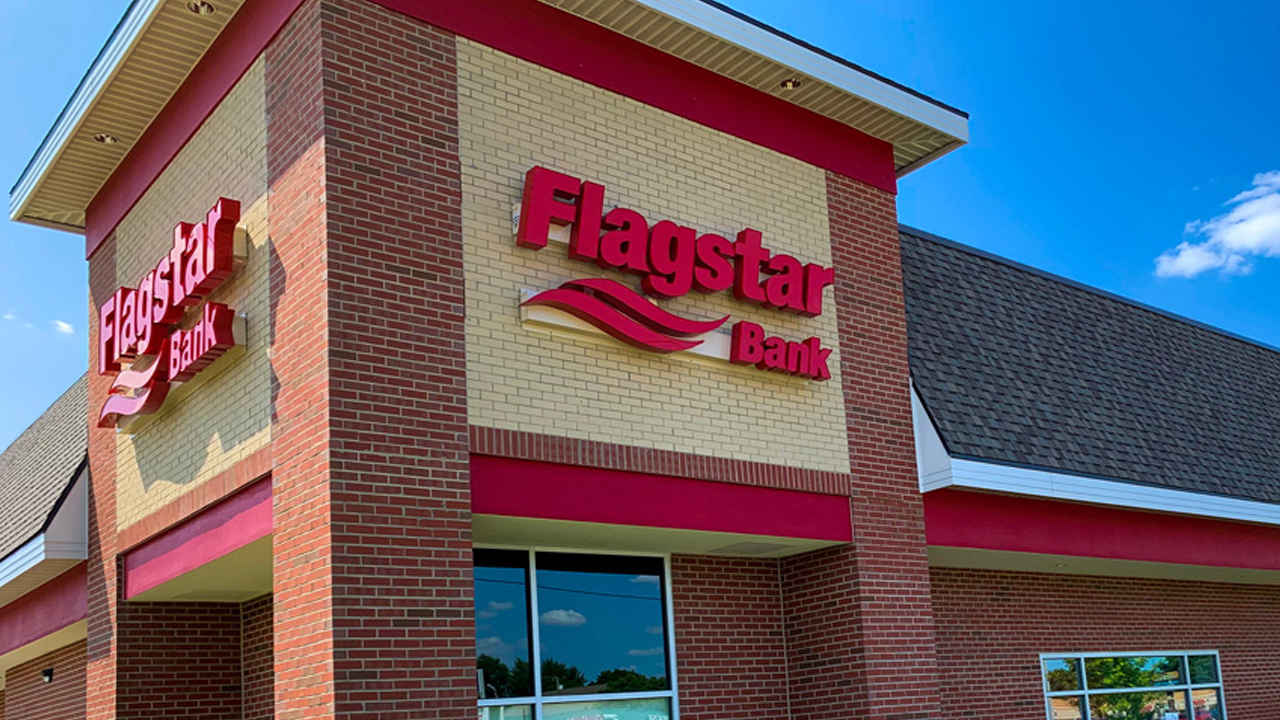
On Monday, about a week after the collapse of Signature Bank, the Federal Deposit Insurance Corporation (FDIC) announced that Flagstar Bank, a wholly owned subsidiary of New York Community Bancorp, acquired 40 former branches of Signature and its assets. Flagstar assumed nearly all of Signature’s deposits, except for $4 billion of deposits related to the bank’s crypto banking business.
FDIC Expects $2.5 Billion Loss from Signature Bank Failure, Extends Bid Window for Silicon Valley Bank
The FDIC has announced that Flagstar Bank, a subsidiary of New York Community Bancorp, has acquired the assets and bank branches of Signature Bank as of March 20, 2023. The branches will continue to operate during regular business hours. With the exception of depositors related to the digital banking business, depositors of Signature Bank will automatically become depositors of Flagstar Bank.
I really hope we will understand how Signature Bank was selectively stripped of its digital assets business before being acquired.
— David Marcus (@davidmarcus) March 20, 2023
Despite statements from the FDIC to the contrary, Flagstar purchased Signature Bank without acquiring its cryptocurrency operations. Sources familiar with the sale had suggested that divestment of crypto activities was required, but the FDIC insisted last week that it would not be necessary. The New York State Department of Financial Services also stated publicly that Signature’s shutdown was unrelated to cryptocurrency, prior to the FDIC’s announcement. Former politician Barney Frank speculated that the closure of Signature was intended to convey an “anti-crypto” message.
The FDIC’s press release on Monday stated that Flagstar Bank will not assume any of Signature Bank’s cryptocurrency depositors or clients. “Flagstar Bank’s bid did not include approximately $4 billion of deposits related to the former Signature Bank’s digital banking business,” the FDIC announced. The agency also said that it will provide the deposits directly to customers associated with the digital banking business.
The FDIC’s announcement on Monday sparked a discussion on social media, with some speculating that a conspiracy theory had been proven true. Caitlin Long, founder and CEO of Custodia Bank, tweeted about the news: “They indeed kept out the crypto deposits. Investigation time.” In addition to Flagstar not assuming Signature Bank’s cryptocurrency deposits, the FDIC also noted that the government anticipates losses.
The FDIC estimated the cost of Signature Bank’s failure to its Deposit Insurance Fund to be around $2.5 billion, according to the agency’s announcement. “The exact cost will be determined when the FDIC terminates the receivership.” In addition, the FDIC extended the bid window for Silicon Valley Bank (SVB) on Monday. Bids for SVB’s private bank are due on March 22, 2023, and bids for the bridge bank, Silicon Valley Bridge Bank, N.A., will be due two days later.
What are your thoughts on the FDIC’s decision not to include Signature Bank’s cryptocurrency deposits in the acquisition by Flagstar Bank? Share your opinion in the comments section below.
Image Credits: Shutterstock, Pixabay, Wiki Commons
Disclaimer: This article is for informational purposes only. It is not a direct offer or solicitation of an offer to buy or sell, or a recommendation or endorsement of any products, services, or companies. Bitcoin.com does not provide investment, tax, legal, or accounting advice. Neither the company nor the author is responsible, directly or indirectly, for any damage or loss caused or alleged to be caused by or in connection with the use of or reliance on any content, goods or services mentioned in this article.










